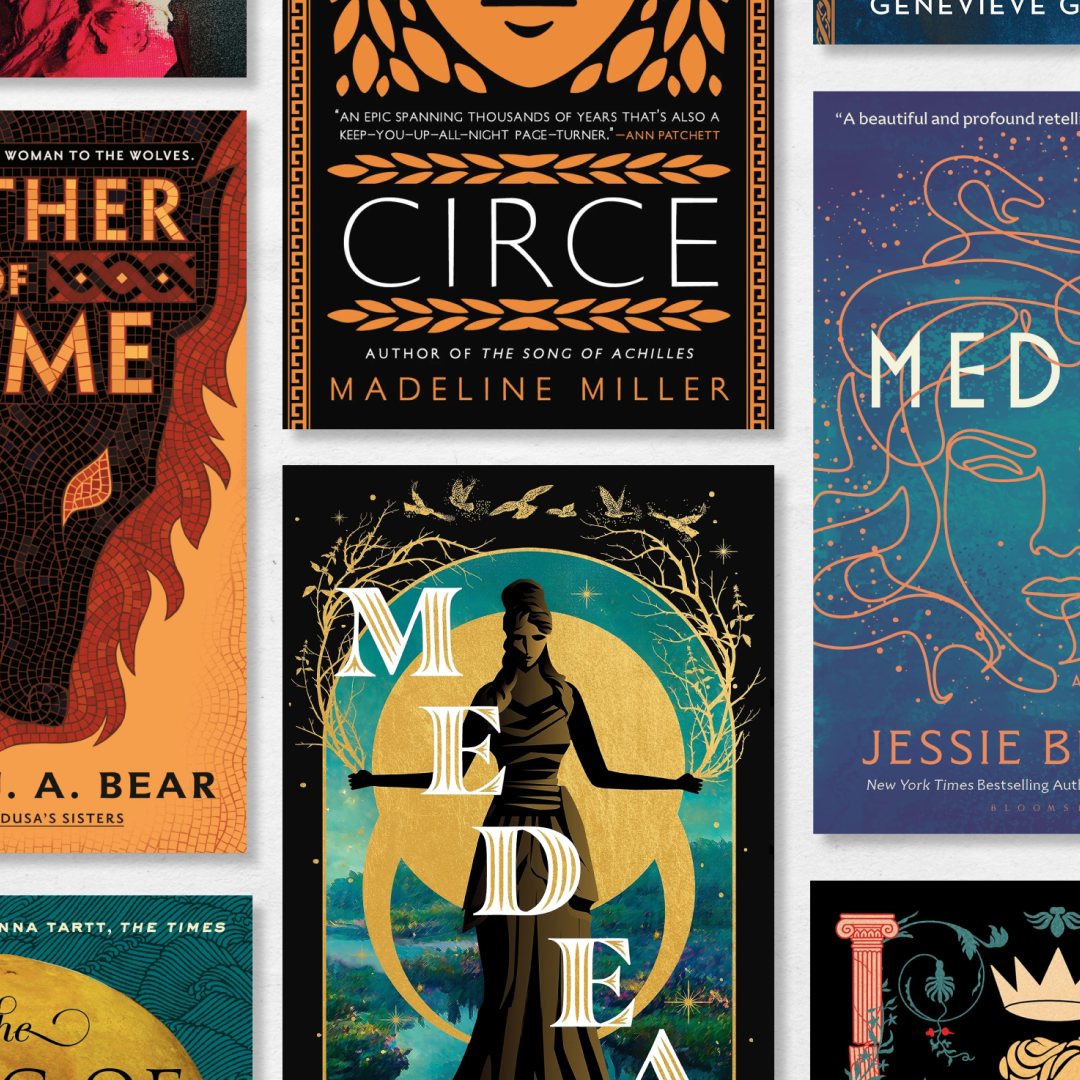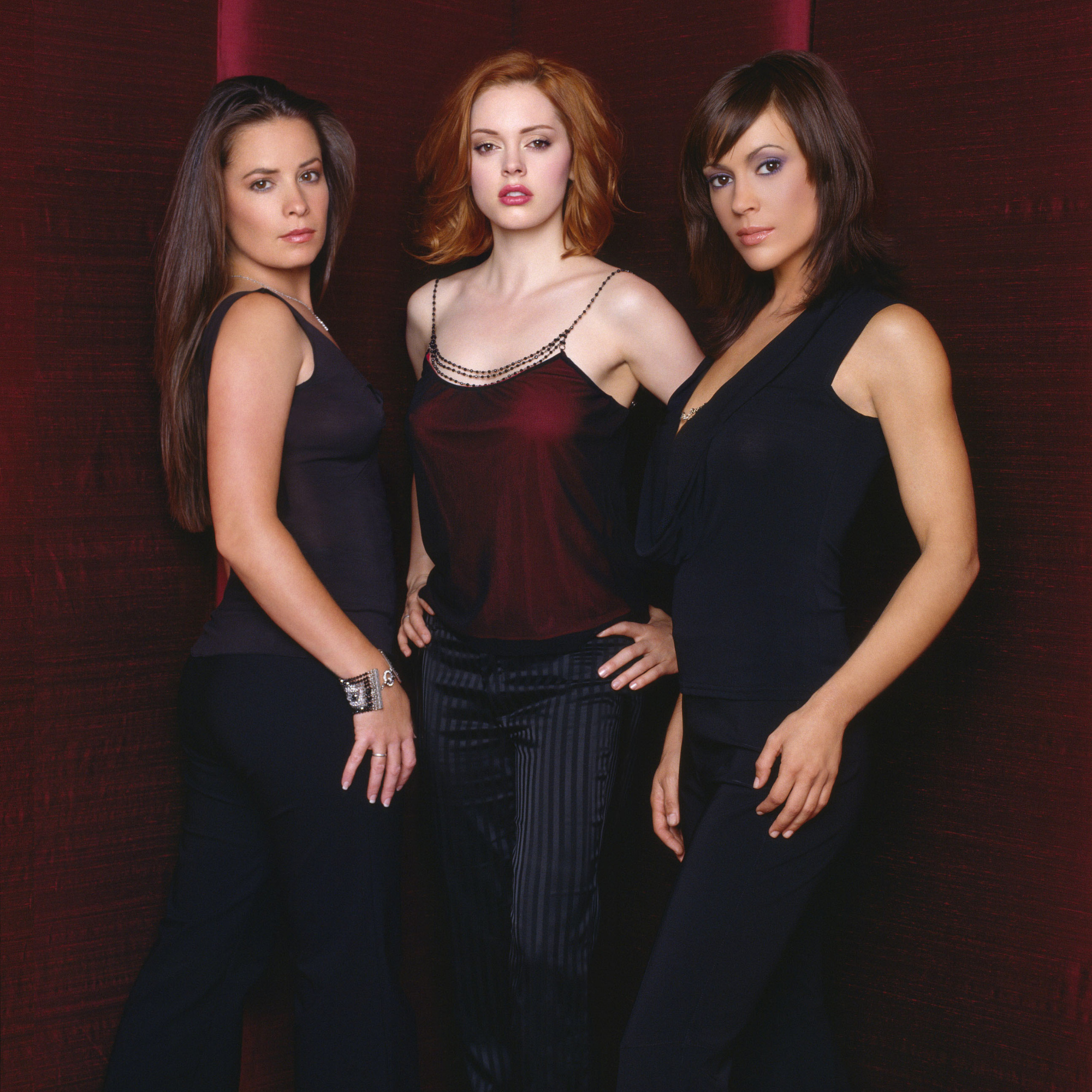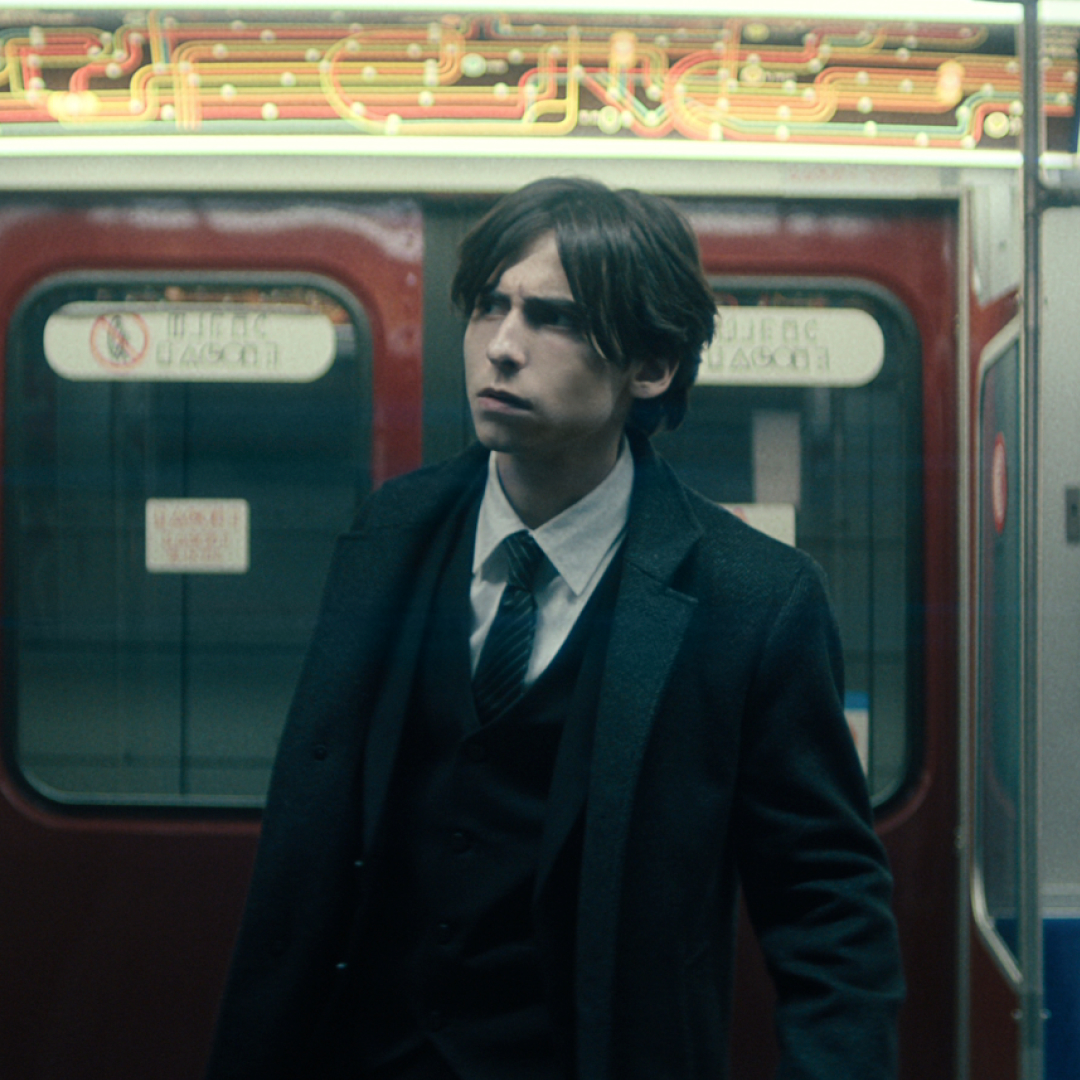Fantasy
Discover something new to watch, or catch up on the news and gossip, from the best in the fantasy genre.
-
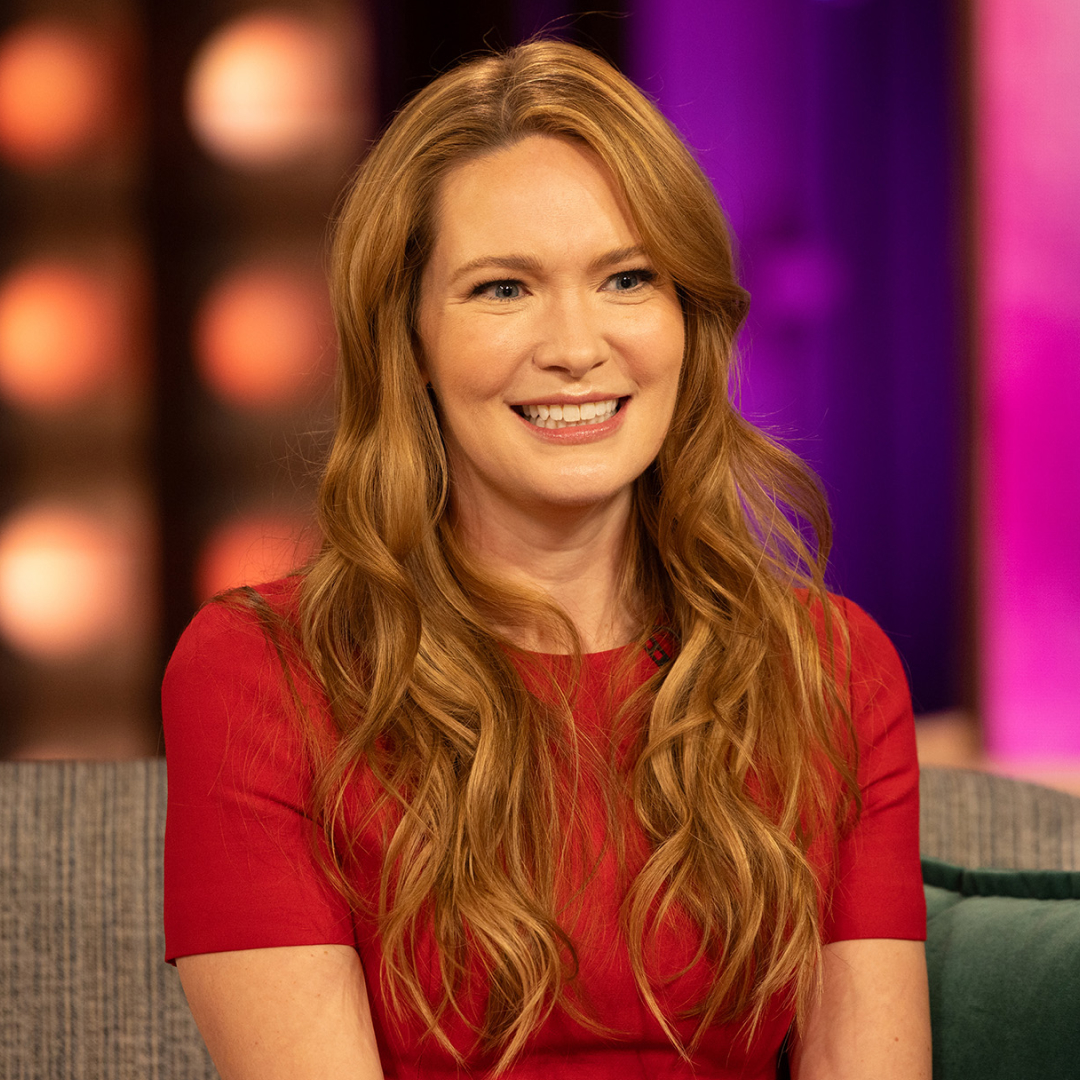
Sarah J. Maas Has Been Dropping Hints About 'A Court of Thorns and Roses' Book 6. Here's What We Know
We're dying to read the next installment in the hit romantasy series.
By Nicole Briese Published
-
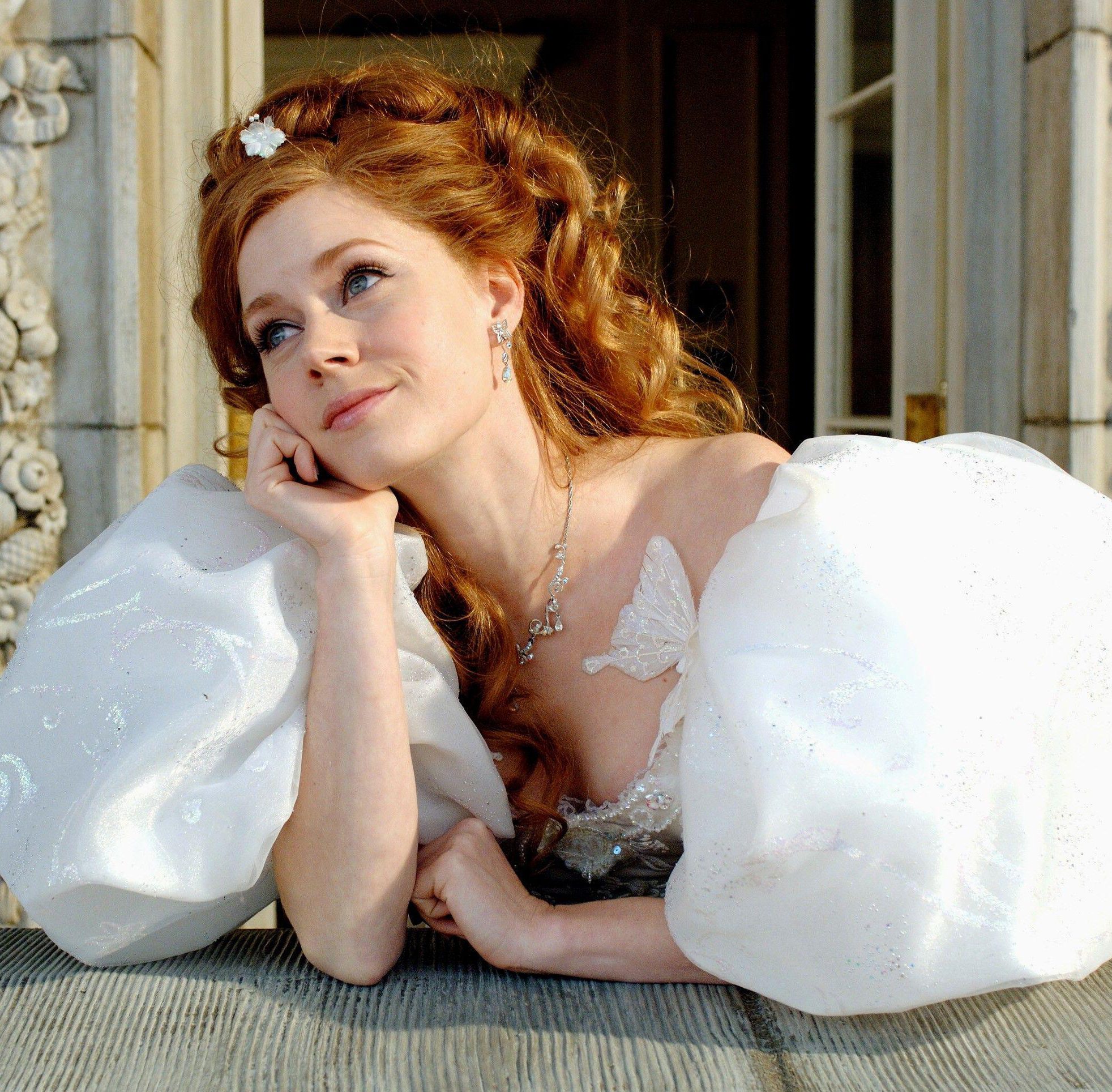
Fairy Tale Movies So Sweet and Fantastical You'll Forget About Reality for A Little While
Princesses, mermaids, and true love's kiss, oh my!
By Katherine J. Igoe Published
-
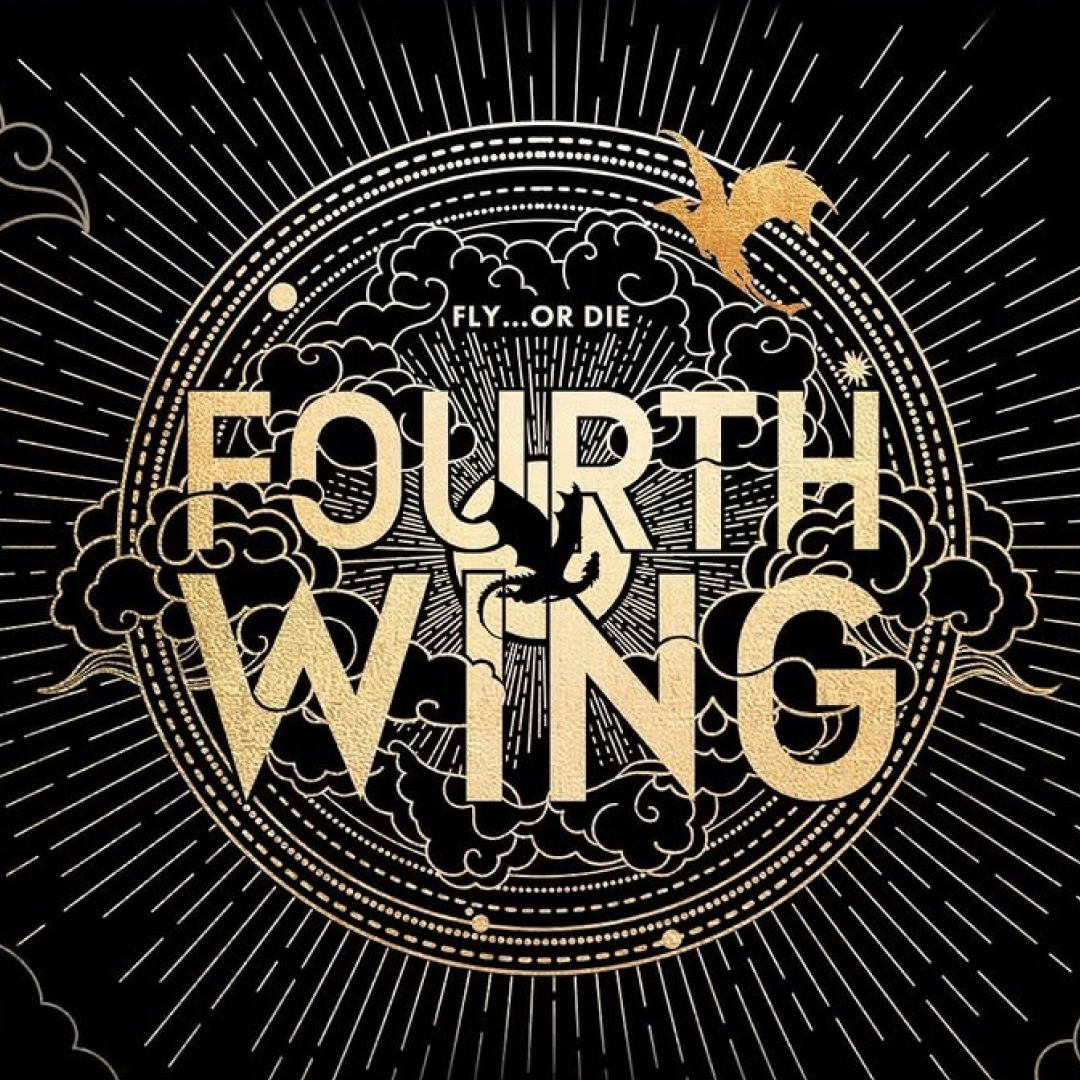
Now That We've Devoured 'Onyx Storm,' We're Rounding Up Everything We Know About the 'Fourth Wing' TV Show
Rebecca Yarros's bestselling romantasy series is getting the Prime Video series treatment.
By Quinci LeGardye Last updated
-
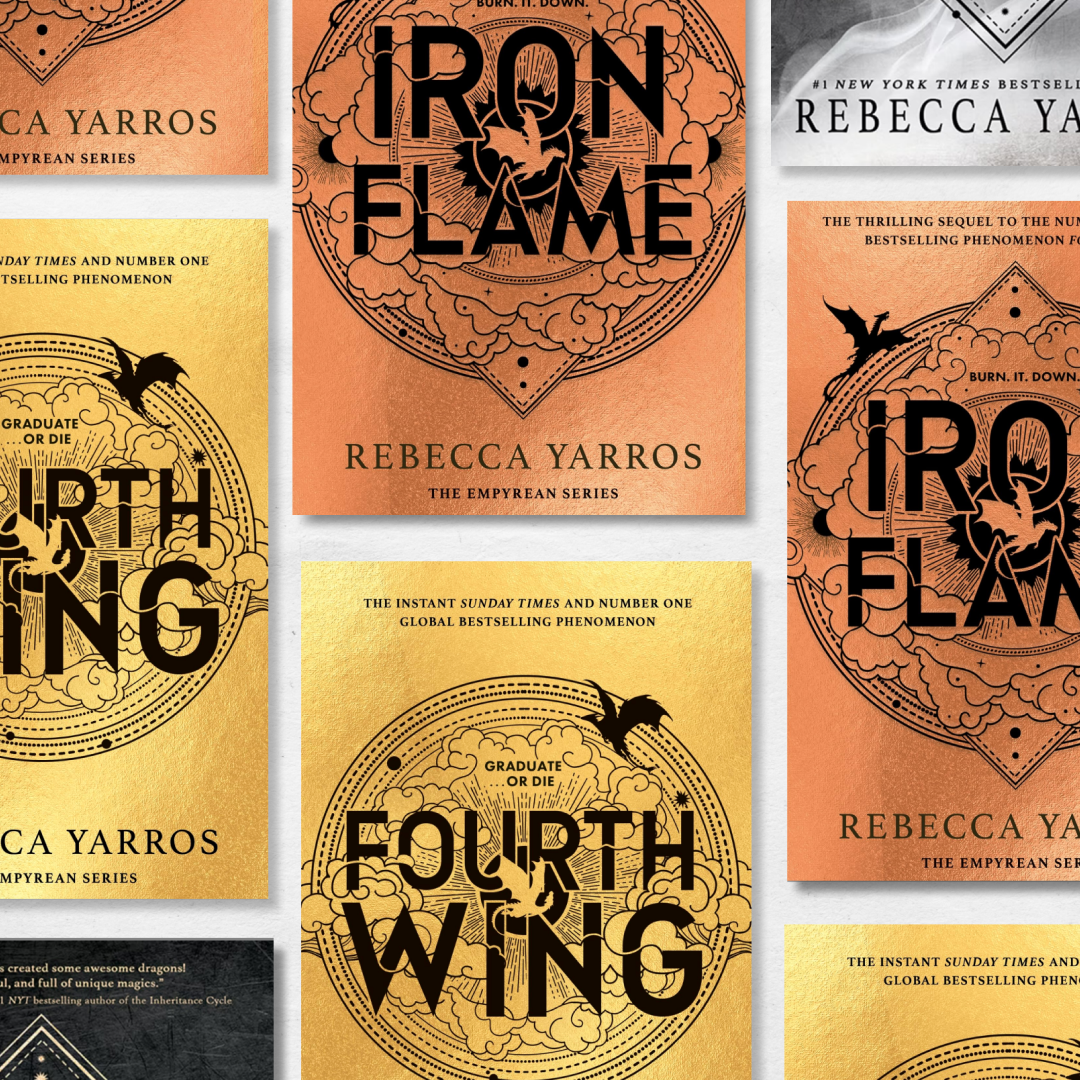
There's Never Been a Better Time to Get Into 'Fourth Wing,' One of #BookTok's Favorite Romantasy Series
Rebecca Yarros's novels have become a literary phenomenon—and there's more on the way.
By Nicole Briese Last updated
-
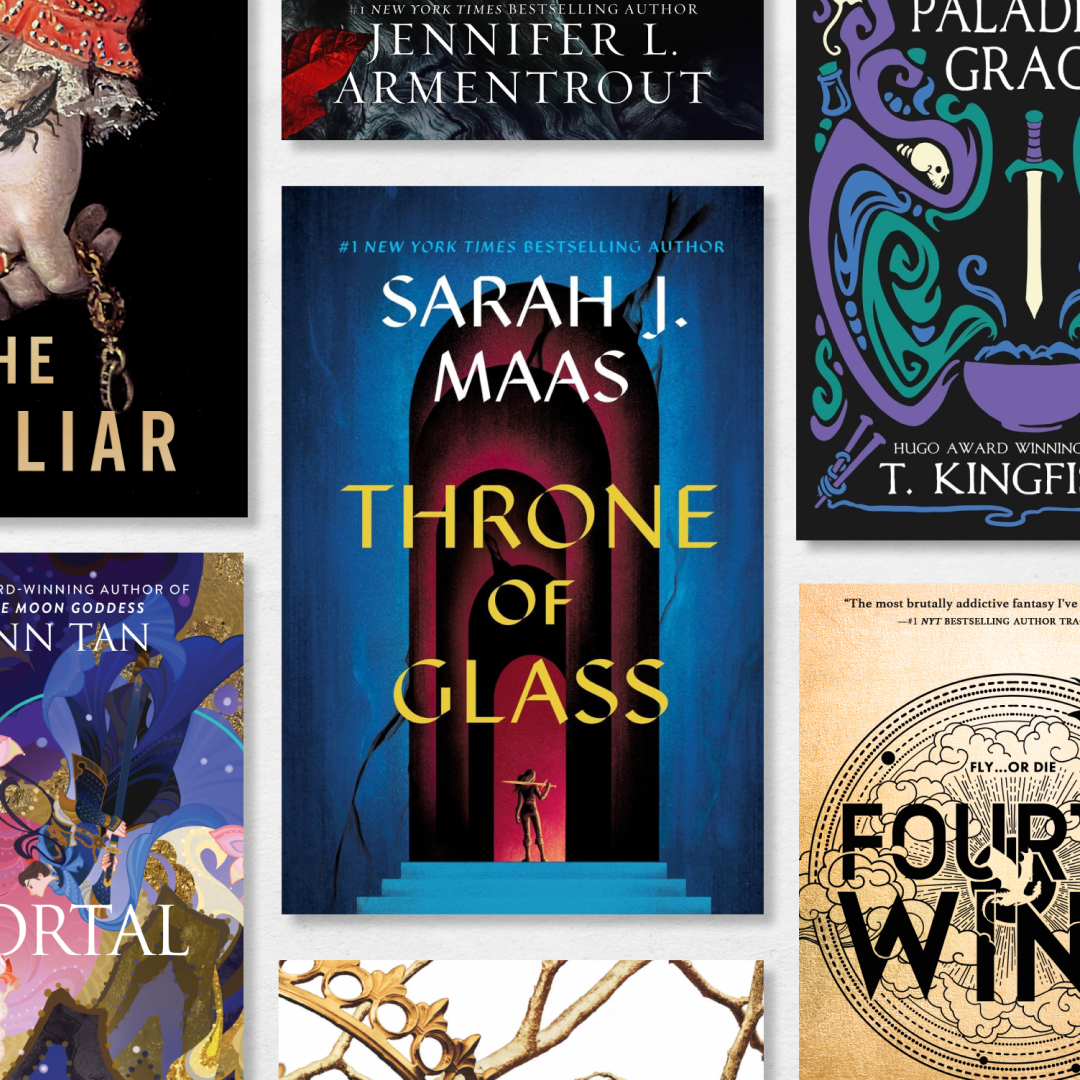
28 Romantasy Books to Sweep You Away to Another World—And Off Your Feet
Here's what to read when you've devoured the 'ACOTAR' and 'Empyrean' series.
By Andrea Park Published
-
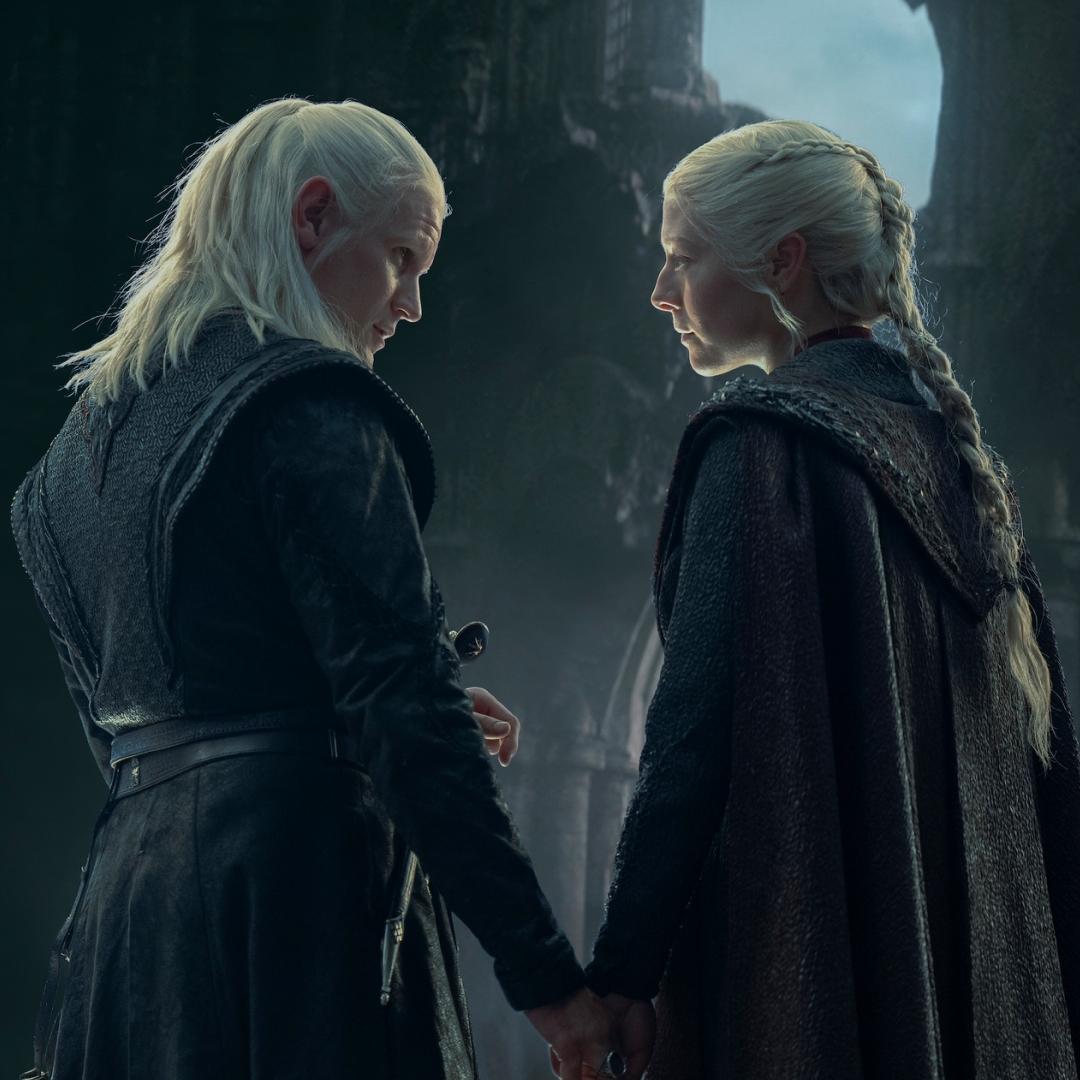
Everything We Know About 'House of the Dragon' Season 3—Including New Cast Members Joining the Targaryen Civil War
Get ready to meet another one of the Hightowers.
By Quinci LeGardye Last updated
-
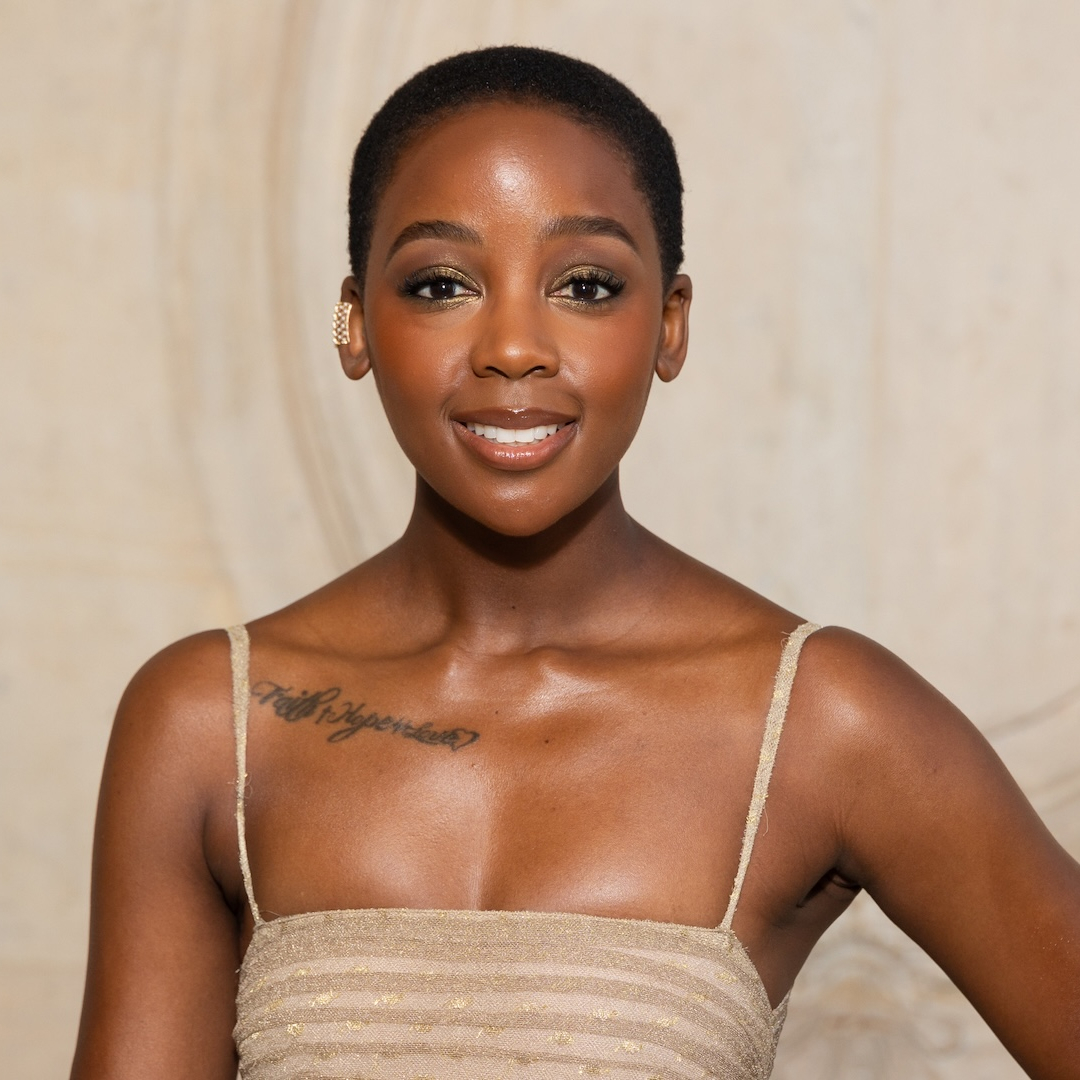
'Children of Blood and Bone' Is About to Be Your Next Fantasy Obsession—What to Know About the Film and Its Cast
You won't believe how many A-listers have joined the cast of this book-to-screen adaptation.
By Quinci LeGardye Published
-

13 Fantasy Books That Will Transport You Anywhere But Here
If you need a bit of escapism, these #BookTok-obsessed series and enchanting novels will do the trick.
By Liz Doupnik Published
-
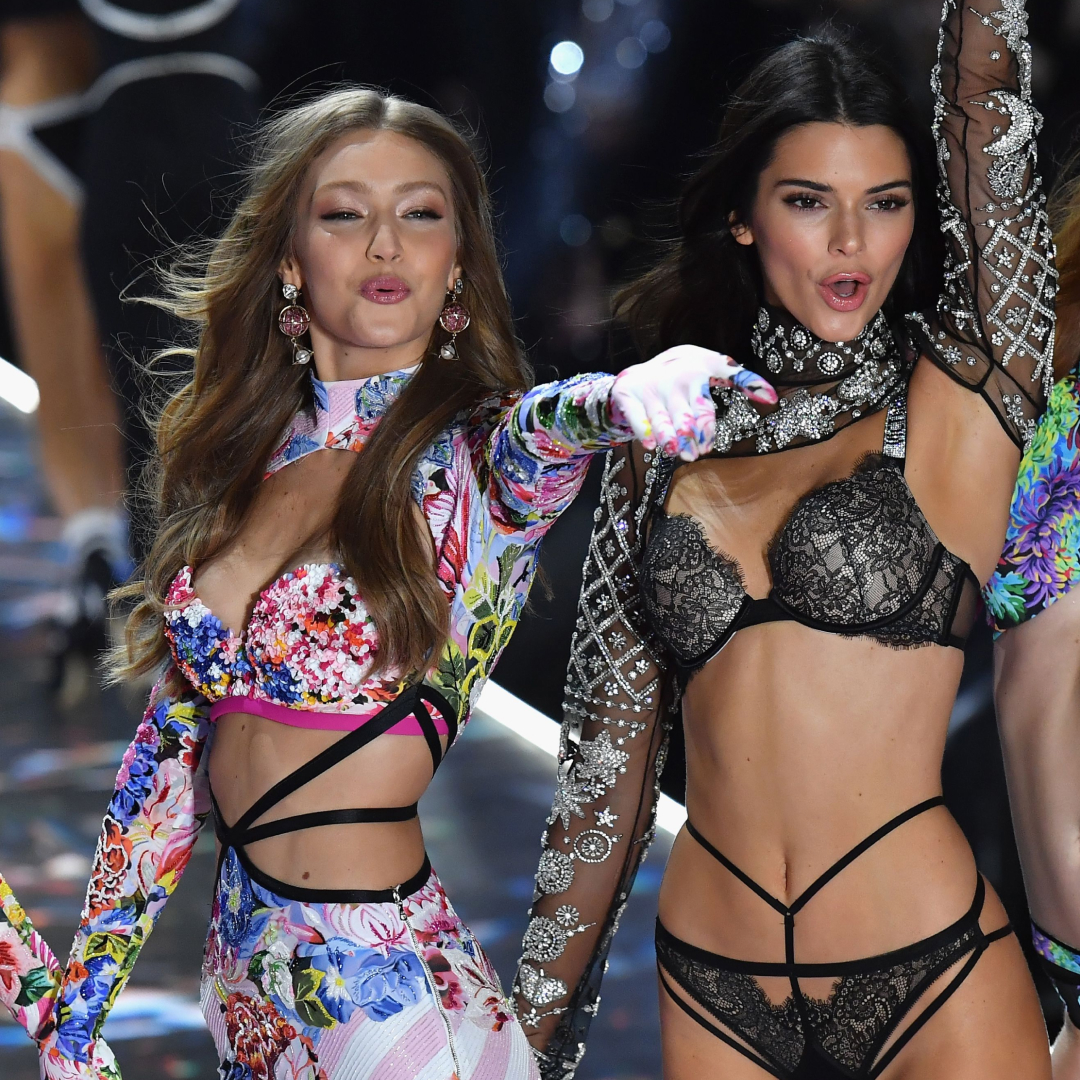
How Much of a Male Fantasy Was the Old Victoria's Secret?
A new book outlines, in many ways, how women shaped the brand.
By Halie LeSavage Published
-
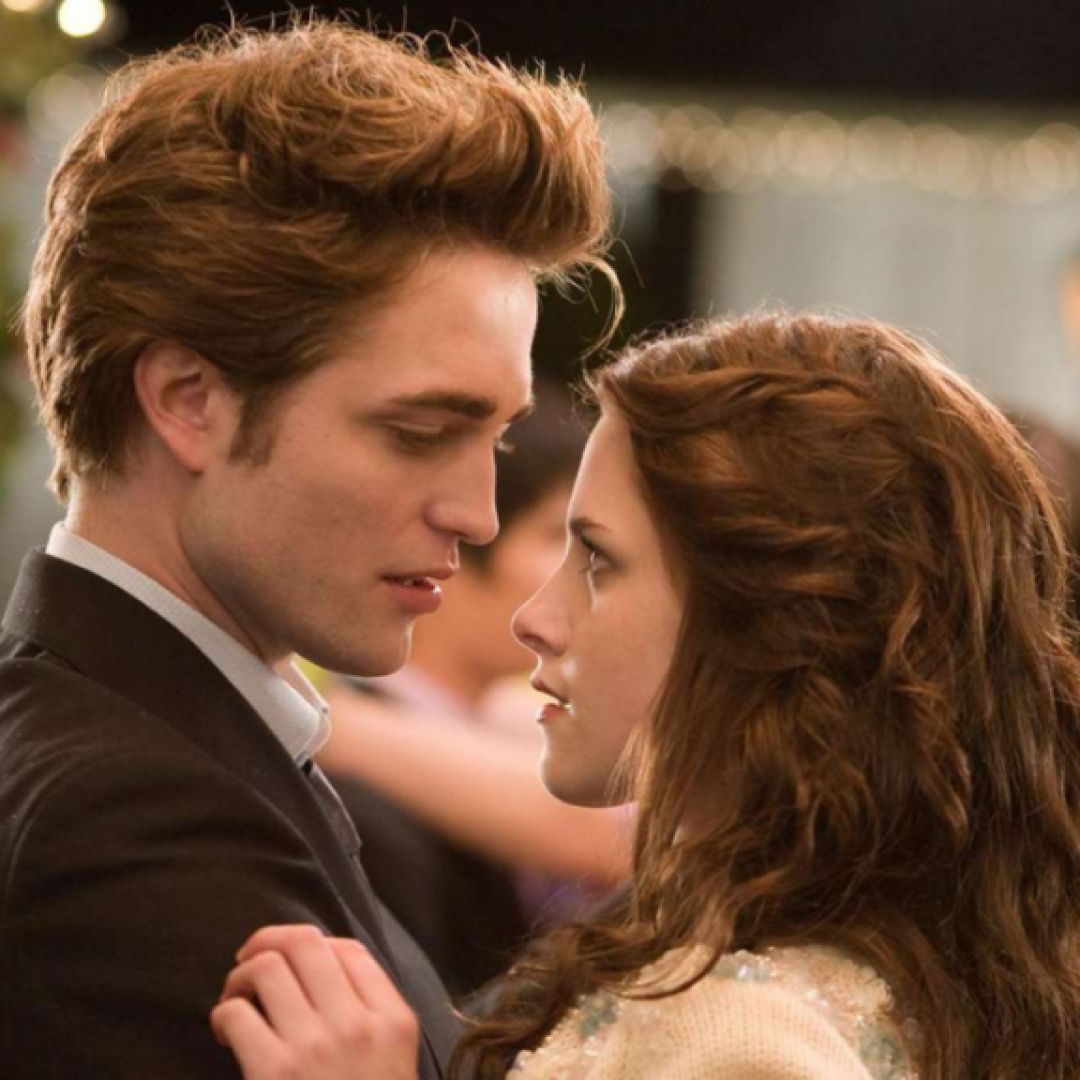
It's Finally Happening, 'Twilight Fans'—Netflix Is Dropping a 'Midnight Sun' Animated Series
Hold on tight, spider monkeys.
By Quinci LeGardye Published
-
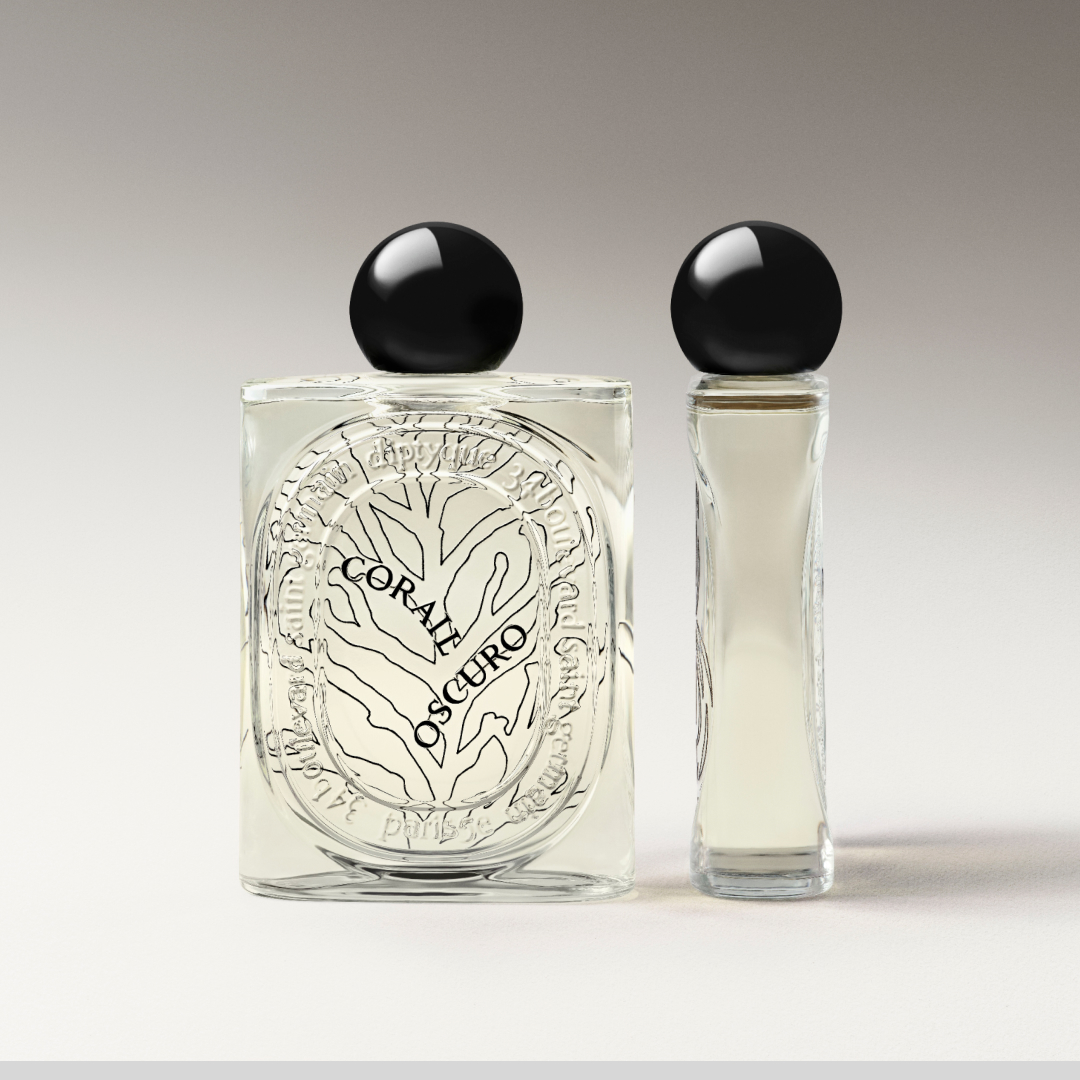
Diptyque's New Scents Redefine the Fantasy Fragrance Trend
They'll cast a spell on anyone who wears them.
By Gabrielle Ulubay Published
-
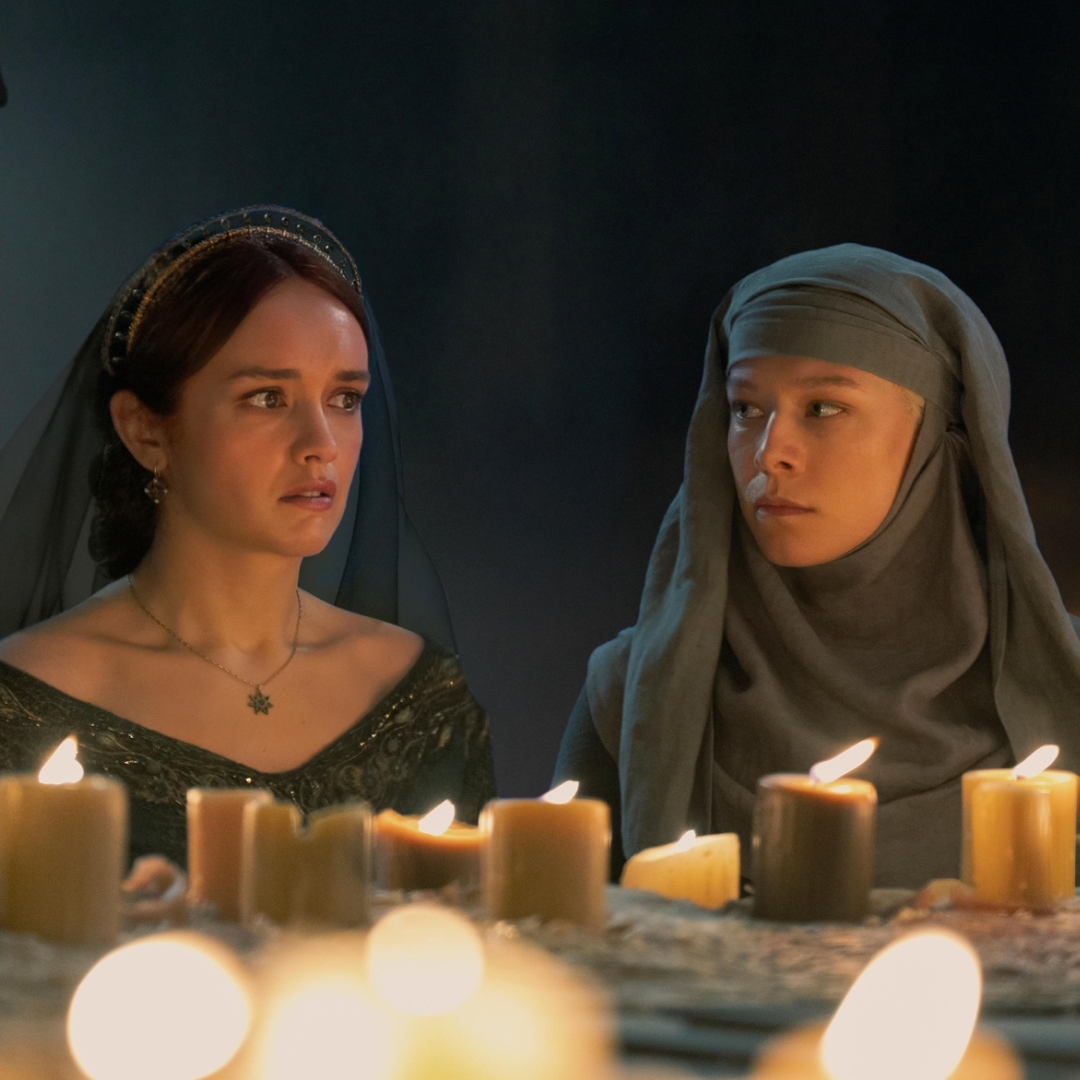
Your Guide to Where Every 'House of the Dragon' Character's Allegiance Falls in The Greens vs. The Blacks
Features The Dance of the Dragon has begun, and the Targaryens are choosing sides.
By Quinci LeGardye Last updated
Features -
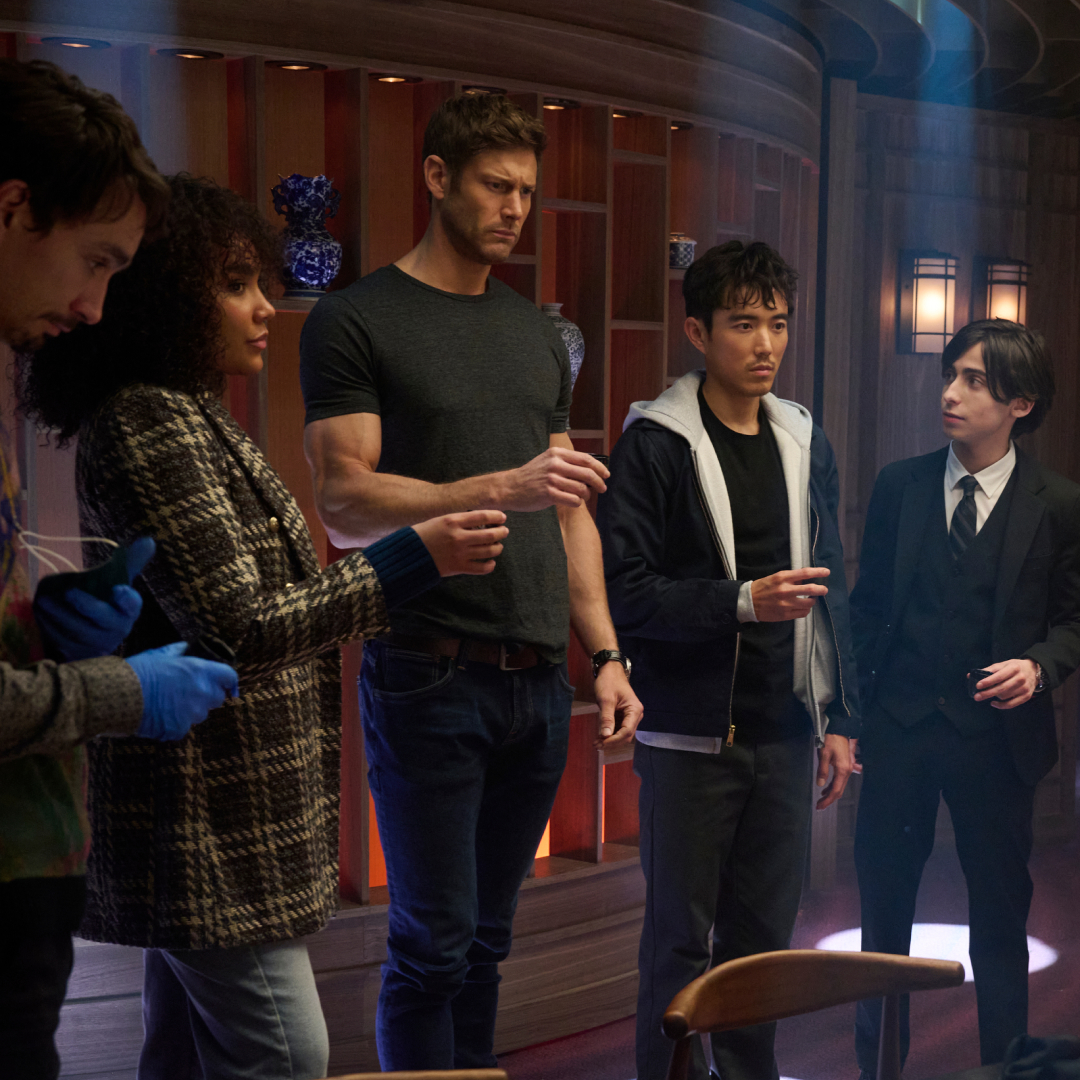
Here's Why 'The Umbrella Academy' Fans Can Be Hopeful We Haven't Seen the Last of the Hargreeves' Universe
Netflix may be considering a spin-off of the hit super hero series.
By Quinci LeGardye Published
-
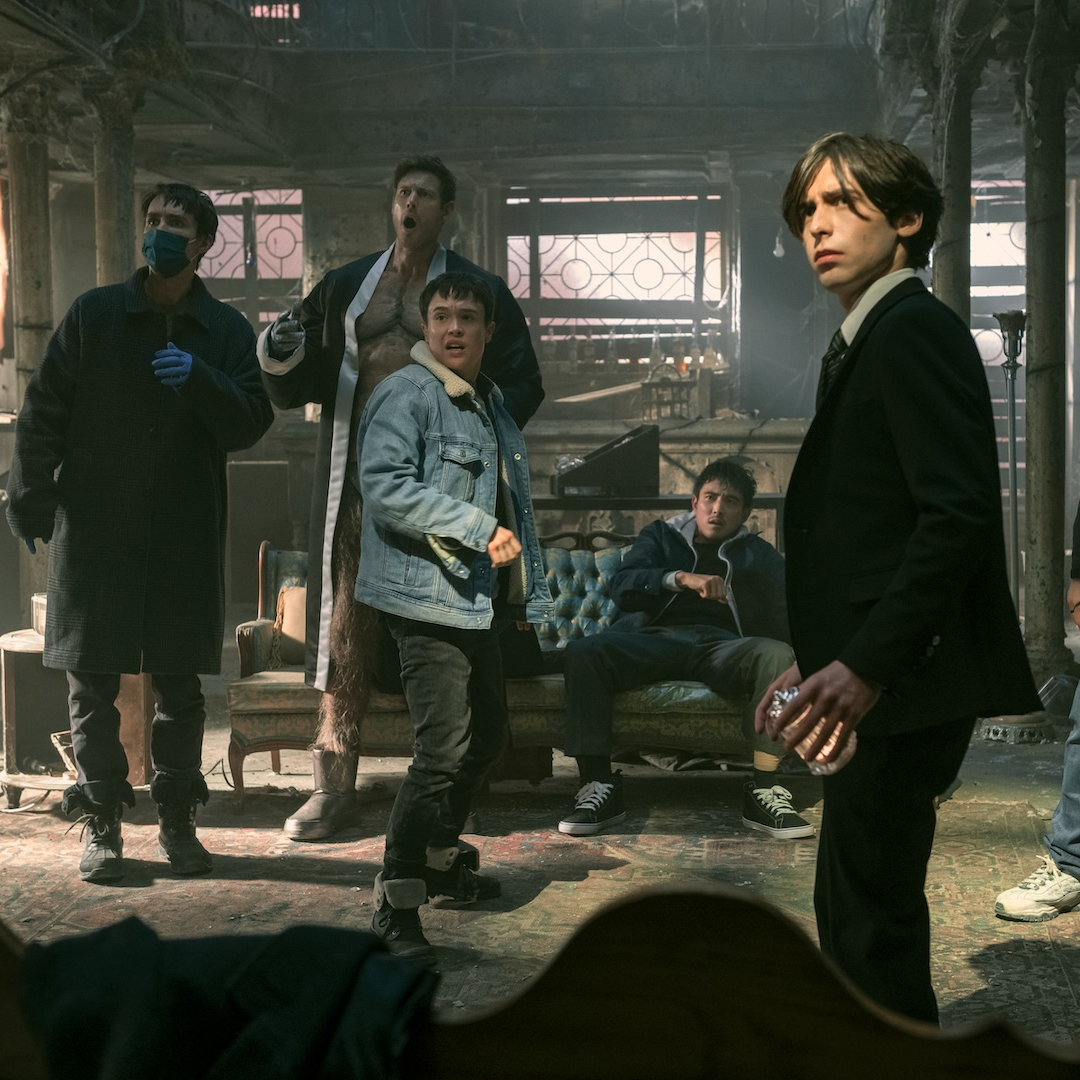
'The Umbrella Academy' Couldn't Have Ended Any Other Way
Netflix's irreverent superhero hit wraps up with a bold, heartbreaking move.
By Quinci LeGardye Published
-
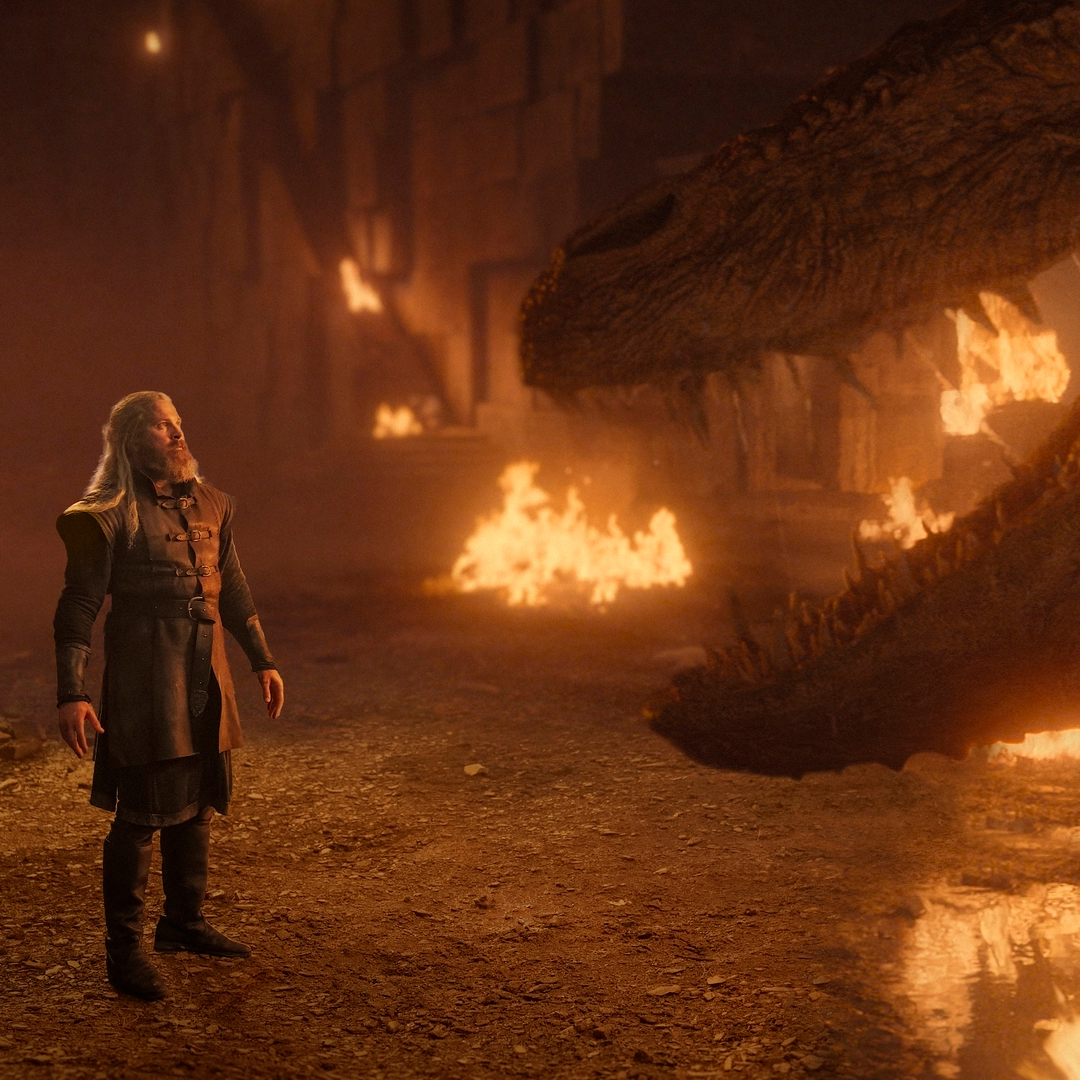
Meet the Dragonseeds Who Will Change the Tide of the War in 'House of the Dragon'
We're breaking down the bastards with Valyrian blood—and how they could influence the future of the show.
By Quinci LeGardye Last updated
-
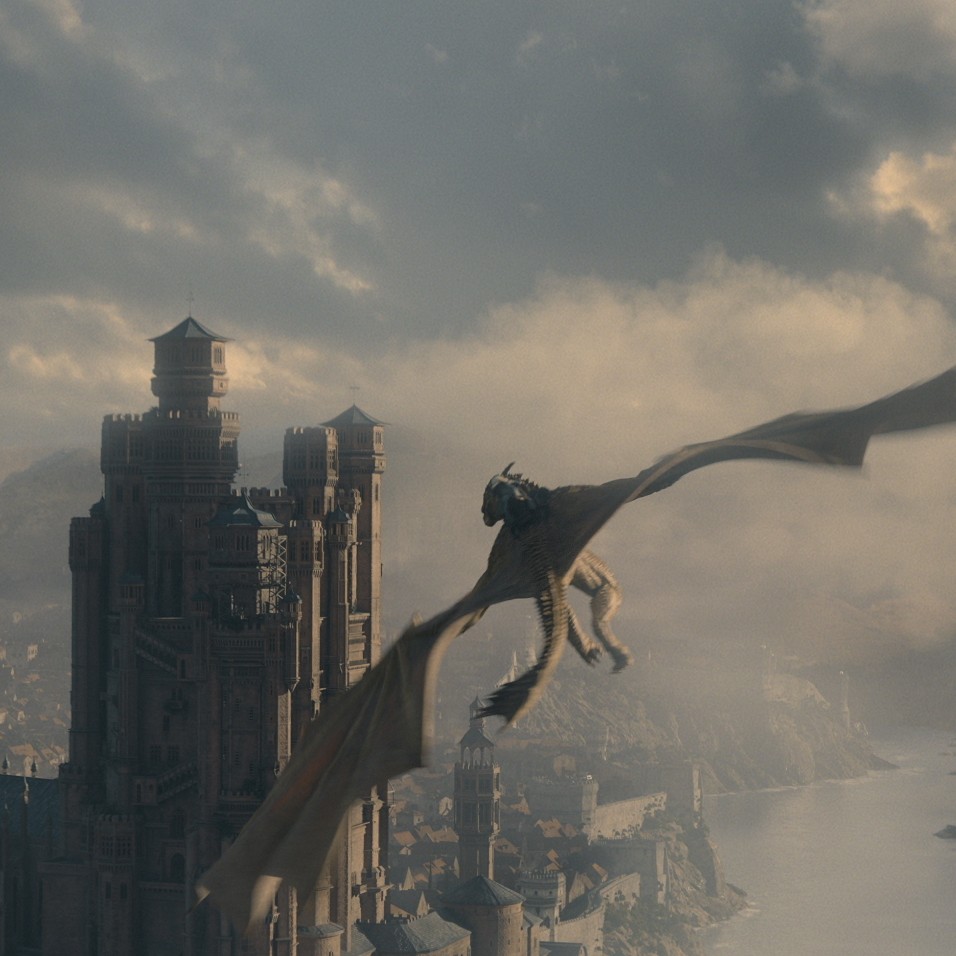
A Guide to All the Dragons in HBO's 'House of the Dragon' and Their Targaryen Allegiance
Features There are so many more in 'House of the Dragon' than Daenerys' three.
By Quinci LeGardye Last updated
Features -
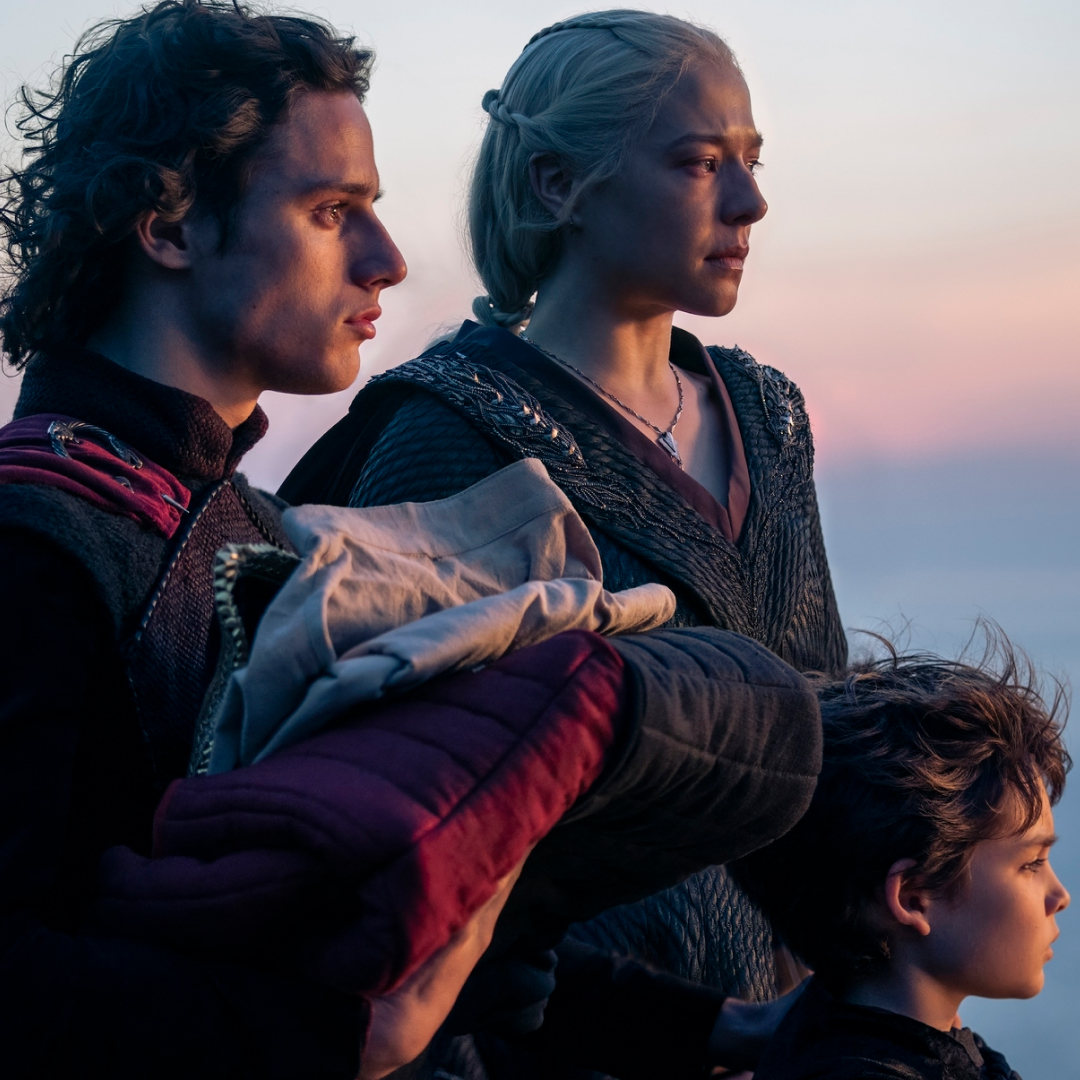
As You Watch ‘House of the Dragon’ Season 2, Let Our Targaryen Family Tree Be Your Helpful Guide
Features There are a lot of Aegons and Viseryi to keep track of.
By Quinci LeGardye Last updated
Features -
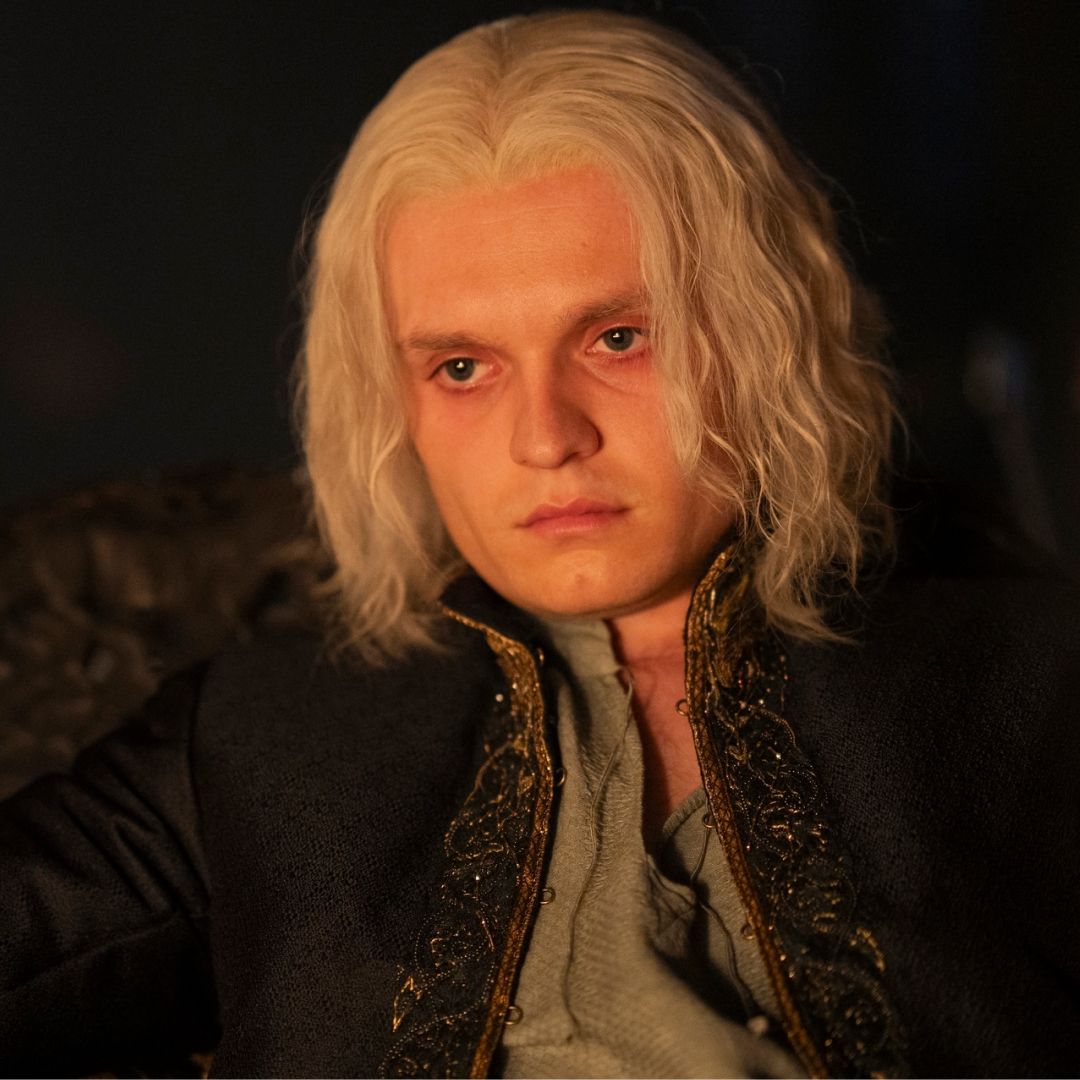
'House of the Dragon' Just Featured Its Most Shocking Bloodshed Yet—Here's What It Means Going Forward
We're breaking down *that* death, including what happens in George R. R. Martin's 'Fire and Blood.'
By Quinci LeGardye Published
-
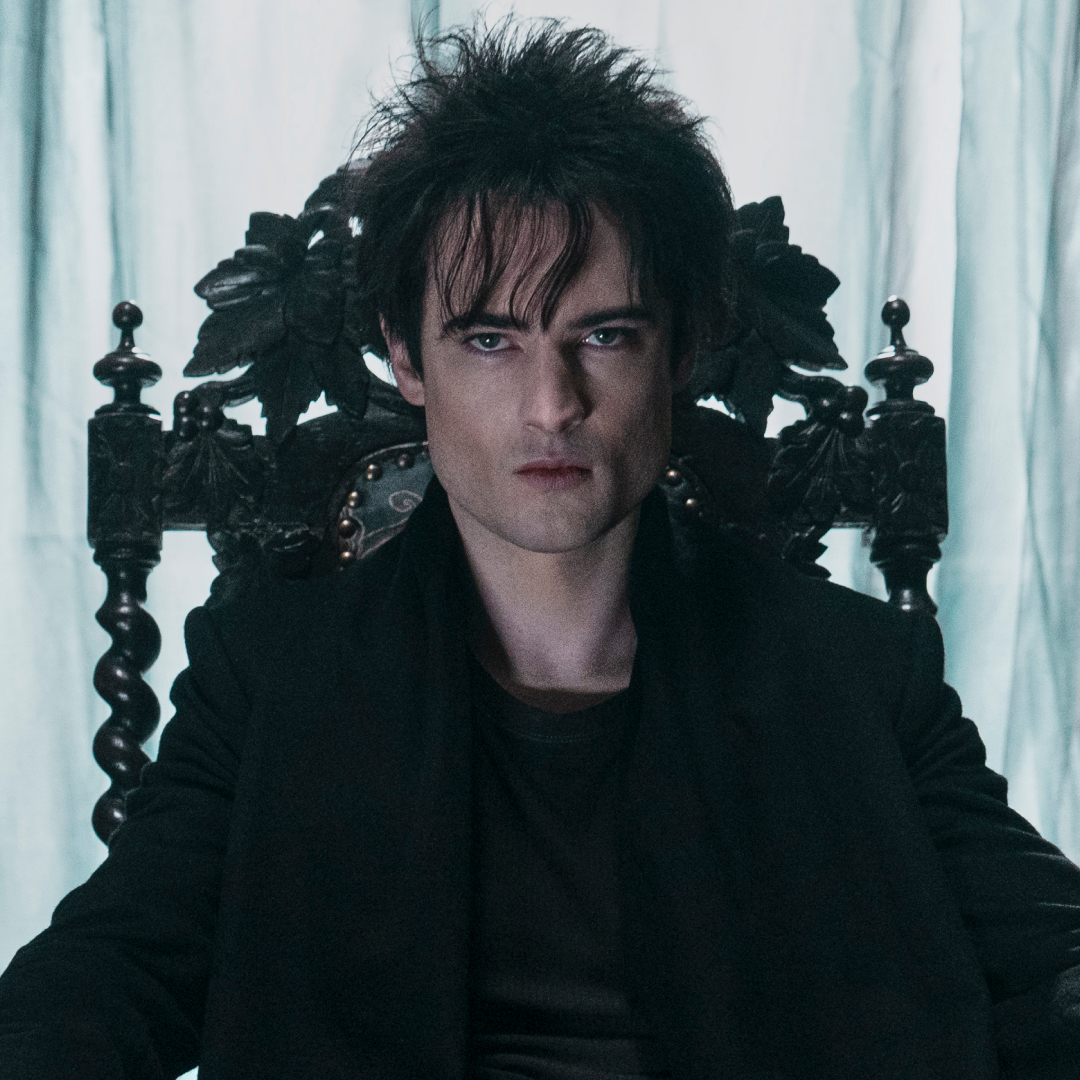
'The Sandman' Season 2 Is Rounding Out Its Cast of Norse Gods and Faeries With a Comedy Icon and 'Game of Thrones' Alum
The Netflix hit is building out its world.
By Quinci LeGardye Last updated
-
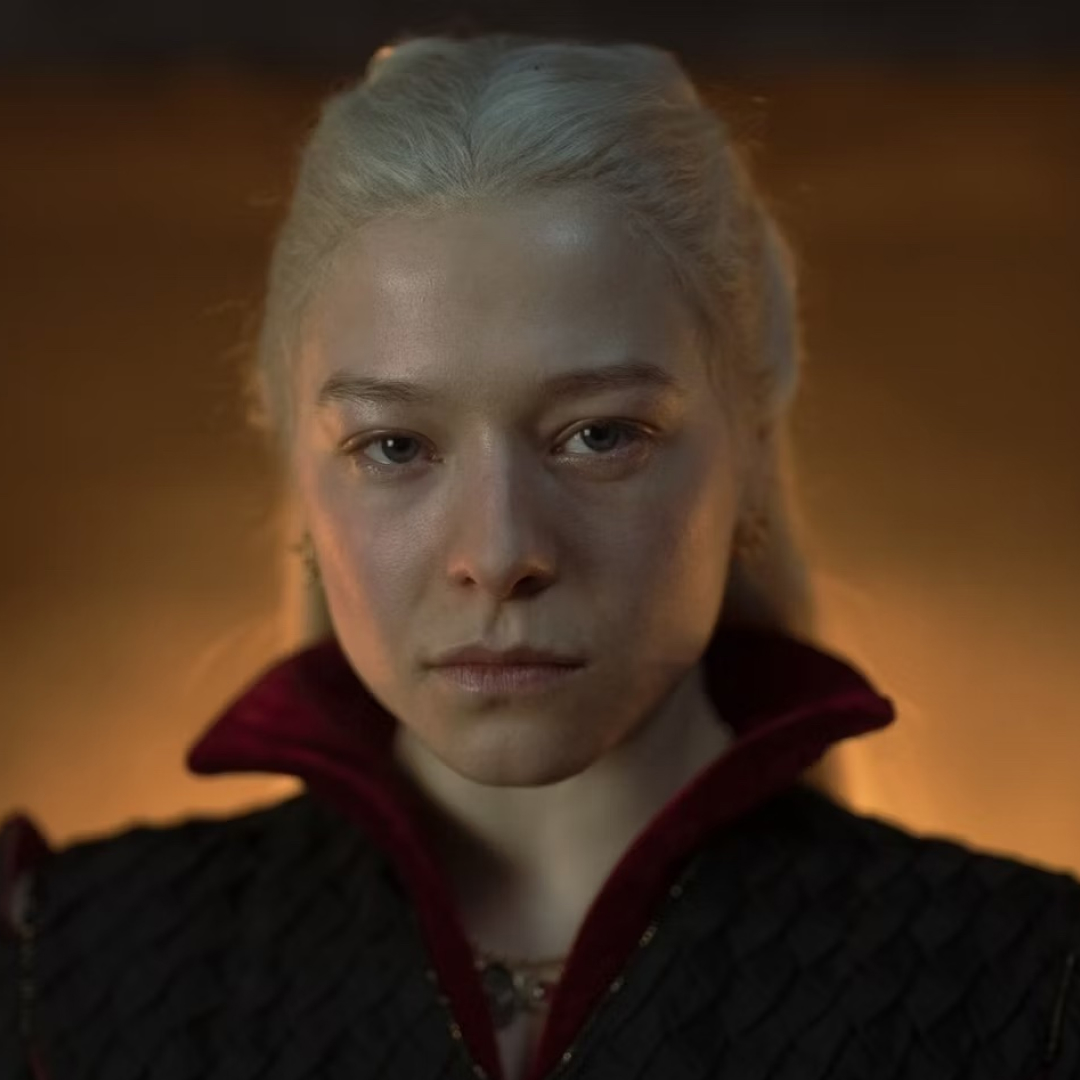
'House of the Dragons' Is Back—Here's What to Remember Before the Dance of the Dragons Officially Begins
Features We've got you covered if you need a refresher before season 2 premieres.
By Quinci LeGardye Last updated
Features -
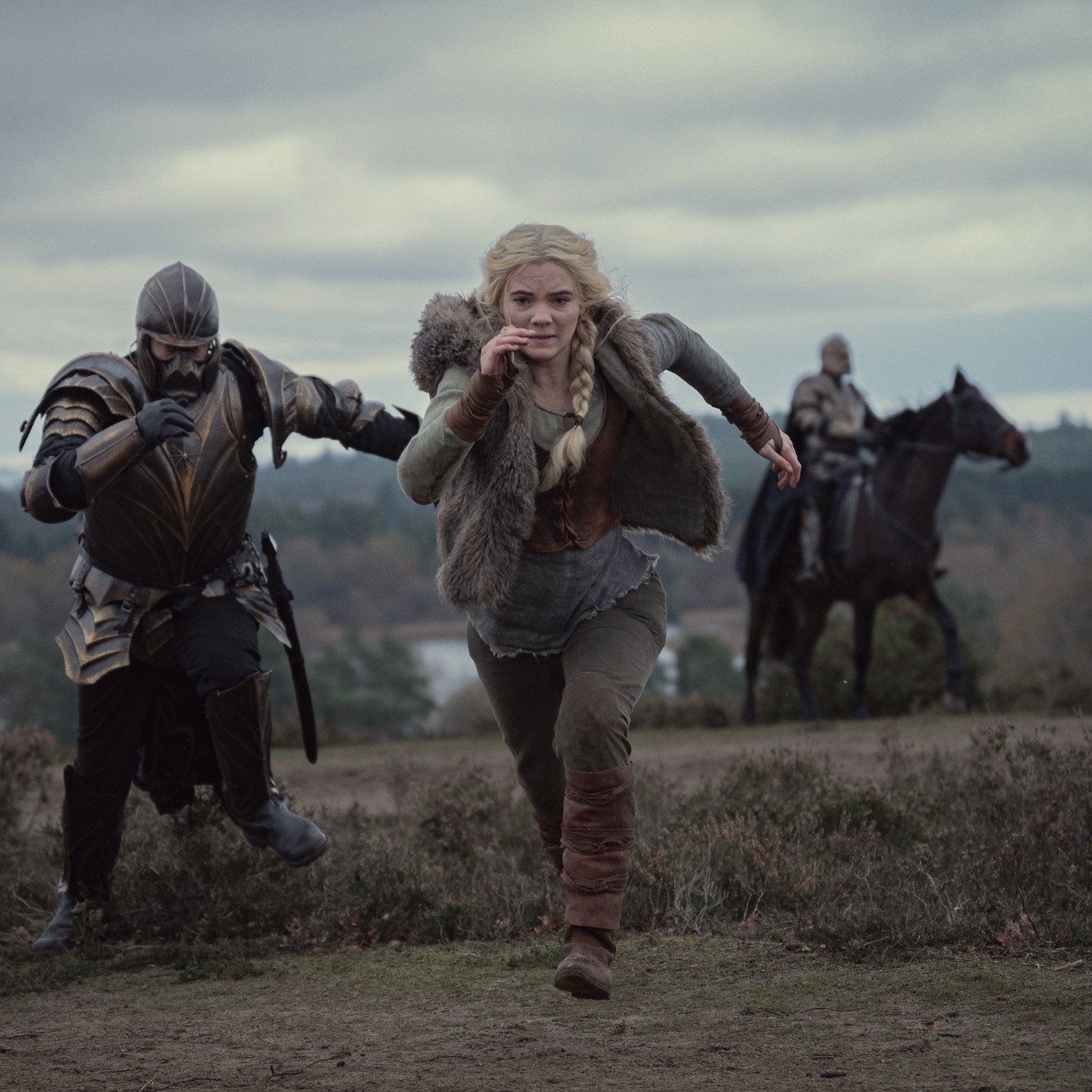
When Are We Getting a New Season of 'The Witcher'?
Netflix's fantasy epic is returning in two parts this summer.
By Quinci LeGardye Last updated
-
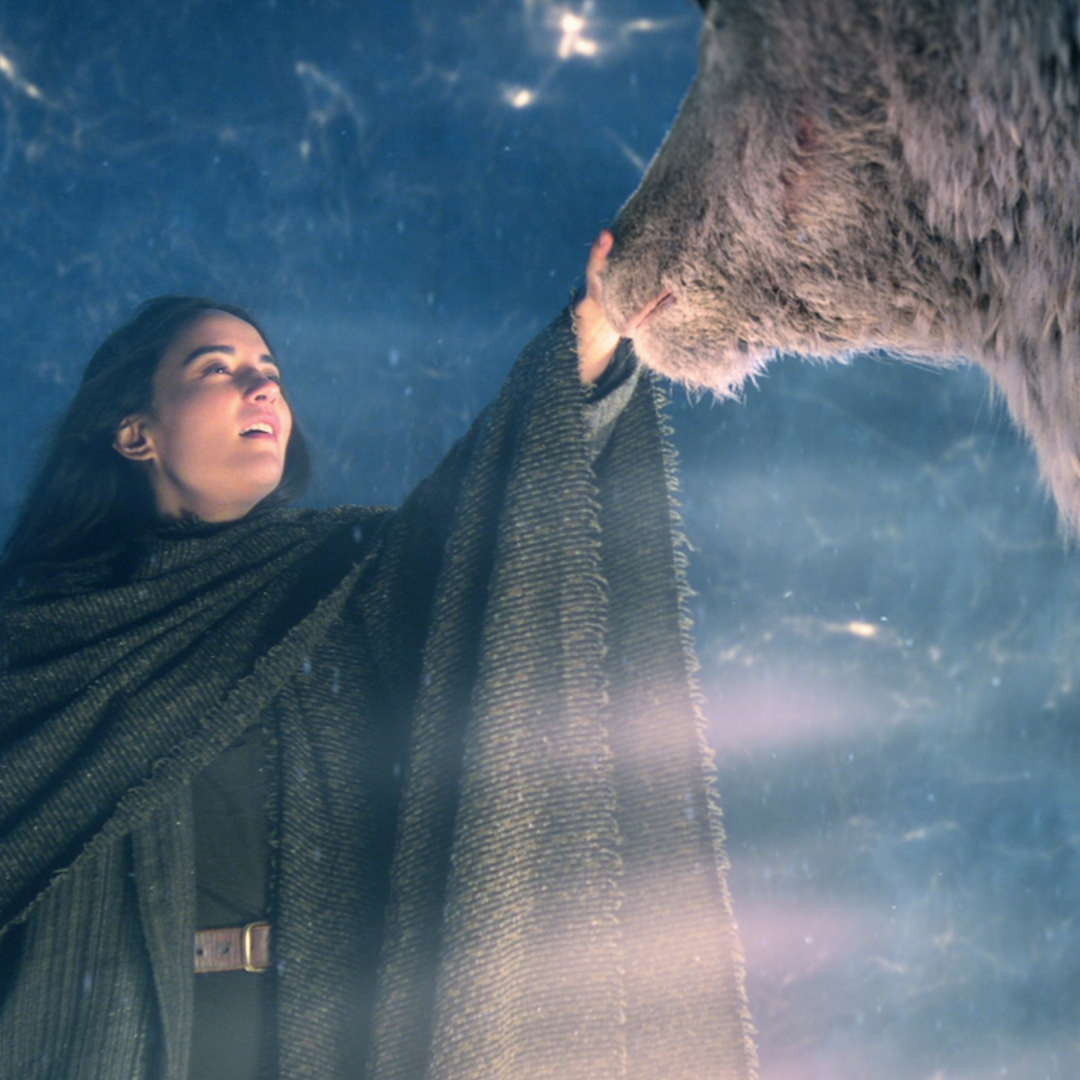
Confused About the Grisha Magic in 'Shadow and Bone'? We've Got You
Features From amplifiers and merzos to what happened to Alina's powers.
By Quinci LeGardye Published
Features -
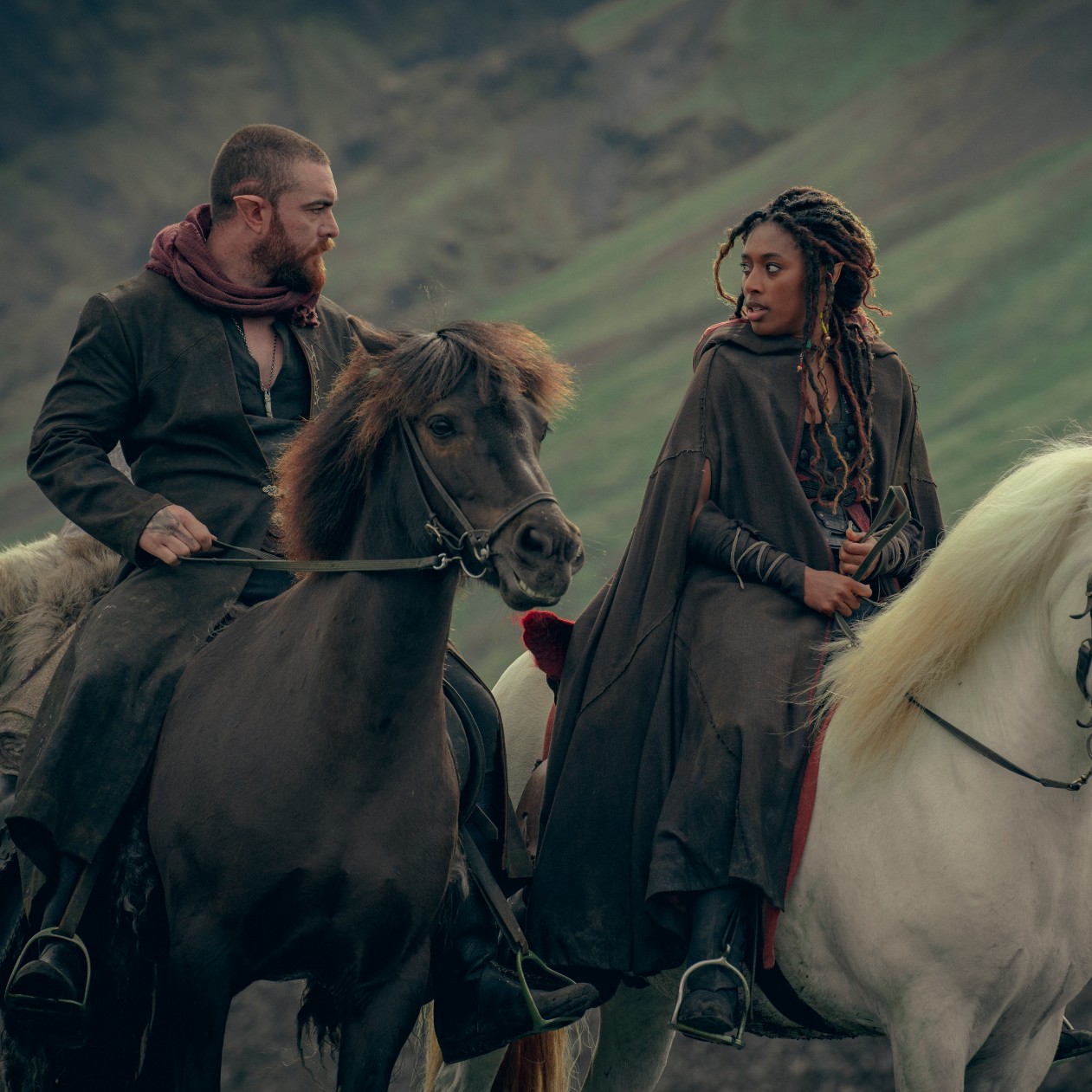
Your Guide to the Cast of 'The Witcher: Blood Origin'
Features Meet the warriors of the Netflix fantasy prequel.
By Quinci LeGardye Published
Features -
The Shadow Fold in 'Shadow and Bone,' Explained
Features Plus, why everyone's pressuring Alina to destroy it.
By Quinci LeGardye Published
Features -
Who is Jessie Mei Li, Alina Starkov in 'Shadow and Bone'?
Features Get to know this star on the rise.
By Quinci LeGardye Published
Features -
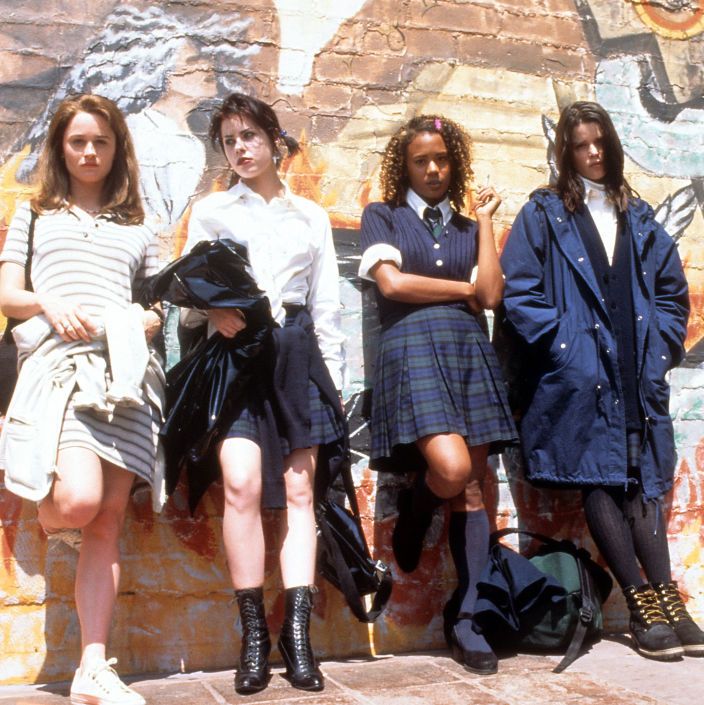
'The Craft' Cast: Where Are They Now?
It's been almost 25 years since the cult classic made its witchy debut.
By Andrea Park Published
